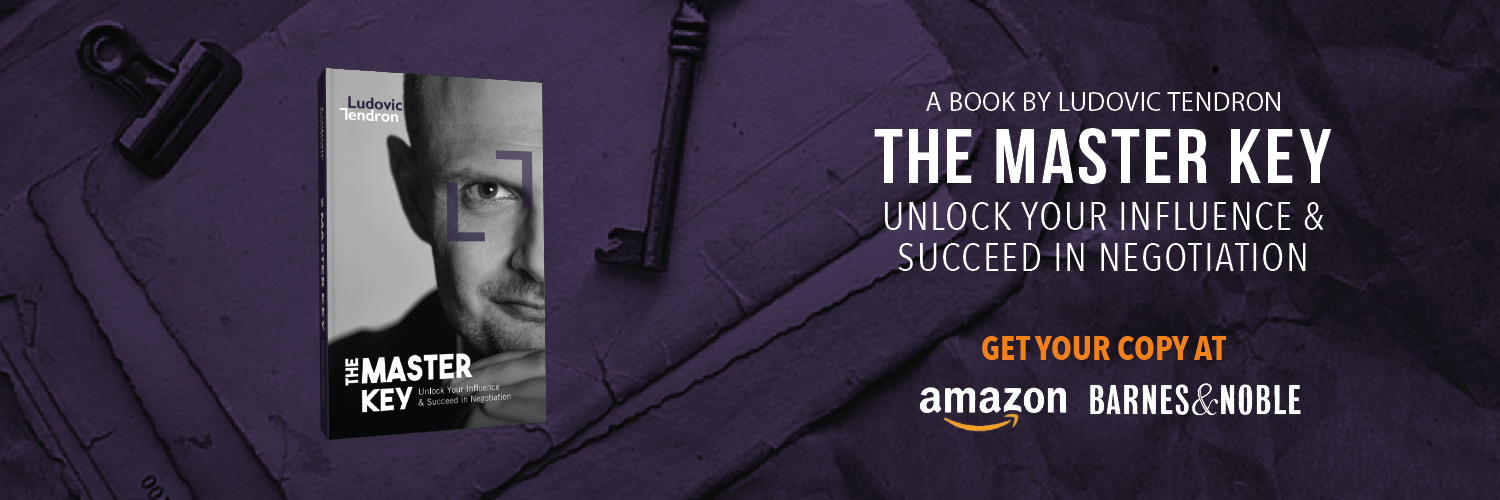It isn’t our position, but our disposition that makes us happy. Remember, some people freeze in the winter. Others ski. A positive attitude always creates positive results. Attitude is a little thing that makes a big difference.
John Mason
Successful negotiation requires positive energy and the creation of an environment that encourages cooperation. The attitude with which you enter a negotiation and the energy you diffuse plays a determinant role in that negotiation’s success. Positive energy increases your level of confidence and your capacity to absorb stress, makes you more influential, and opens your mind. People will also be friendlier if you adopt a positive attitude.
A negotiator will generally make fewer mistakes when their mind is positively charged, and they feel empowered. Negativity narrows their focus and tends to aim it in the wrong direction (often at themselves)
Before negotiation starts, your body and mind should be brought into a state of positivity. This state should be maintained to the highest possible extent throughout negotiation. Many factors can prevent you from reaching this optimum state: your physiology, distractions (such as a new message flashing on your phone), the setting in which the negotiation takes place, what you ate before a meeting, and more. Make sure you’re in control of these factors before negotiating
A great way to trigger positivity is by resetting your physiology. Check your posture, open your chest, and make sure that your breathing is deep and calm. Wear a smile on your face and practice a sense of presence. Try not to enter meetings (or even begin a conference call) slouching, squinting, or sighing. Your body has a great influence on your mind – this is what scientist call “embodied cognition.” Your physical state can generate a positive or negative response in your mind. Smiling, for example, has been proven to trigger positive emotions. Laughter, too.
Getting the right attitude is also feeding the mind with the right data. If you don’t pay attention to what enters your mind (too many negative thoughts from your or from others), weeds will grow and spread. It will have an impact on your energy level and therefore your performance. As Jim Rohn said “ You have to stand guard at the door of your mind”.
Our mind is naturally built to respond to negative information (what scientists called negativity biais). We pay more attention to bad news than good news and negativity plays an important role in the decision making process. Avoid too much exposure to negative news and negative people. Reduce negative thoughts with the practice of meditation and relaxation.



